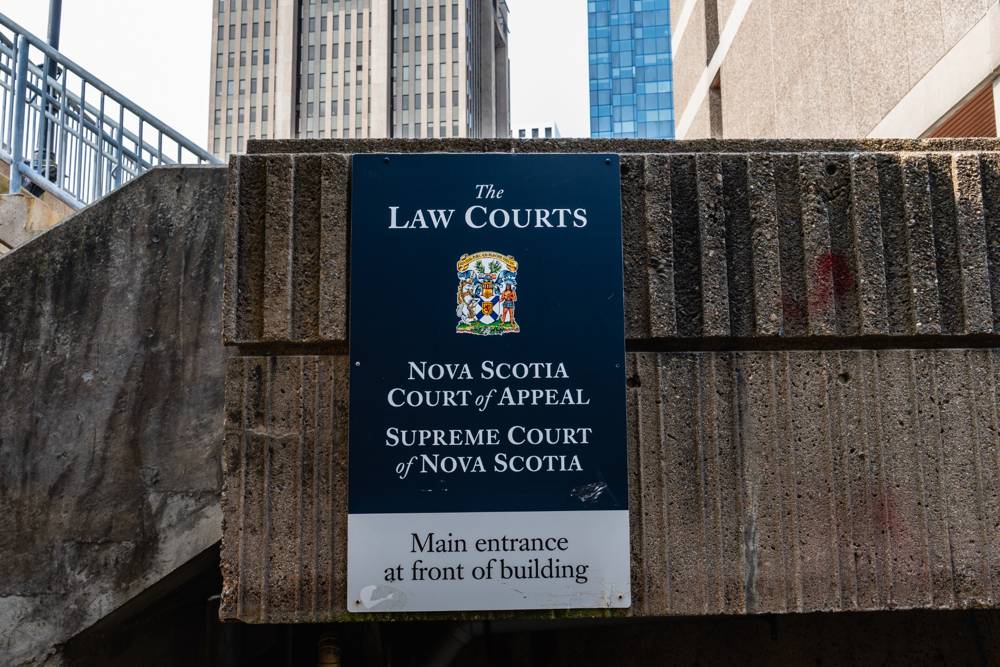Nova Scotia Supreme Court will hear challenge to government’s sweeping grab for health data

HALIFAX, NS: The Justice Centre for Constitutional Freedoms announces that our lawyers will appear before the Nova Scotia Supreme Court on September 2 and 3, 2025, to help various parties gain standing to argue that amendments to the province’s Personal Health Information Act (PHIA) violate citizens’ privacy and consent.
In the spring of 2024, the Nova Scotia government passed an omnibus budget bill that amended section 110 of the PHIA. The changes require physicians, hospitals and clinics to disclose patient records to the Minister of Health and Wellness. The government’s stated intention is to create an electronic database of every Nova Scotian’s medical history. Consent of the patient is not required in order for their health information to be included in the database.
The case against the government argues that these measures violate Nova Scotians’ rights to medical privacy under sections 7 and 8 of the Canadian Charter of Rights and Freedoms. These sections protect the right to life, liberty, and security of the person, as well as the right to be secure against unreasonable search and seizure.
The applicants include Dr. Chris Milburn, Dr. Aris Lavranos, Shelly Hipson, Valerie Henneberry, Susan Kaiser, and the Nova Scotia Civil Liberties Association.
“Health care records contain among the most private and personal details of an individual’s life,” said constitutional lawyer Chris Fleury.
“They deserve the highest level of protection from the intrusion of the state. Consent of the patient must be required before a government can obtain the records of a physician or other health care provider. It is astonishing that consent is totally absent from the current regulatory regime,” he added.
“Allowing the Minister of Health and Wellness, a political officeholder, to access everyone’s medical records without consent sets a dangerous precedent, erodes trust in the healthcare system, and risks turning private health information into a political tool,” said Chris Fleury.
Although this case arises in Nova Scotia, its implications are national in scope.
Similar legislative and regulatory approaches could soon appear in other provinces, raising concerns about patient consent, government overreach, and the protection of personal health information.
If the applicants are granted public interest standing, the case will proceed to the filing of affidavits, cross-examinations, and a future hearing. A written decision on the preliminary motions is expected in the coming months.











